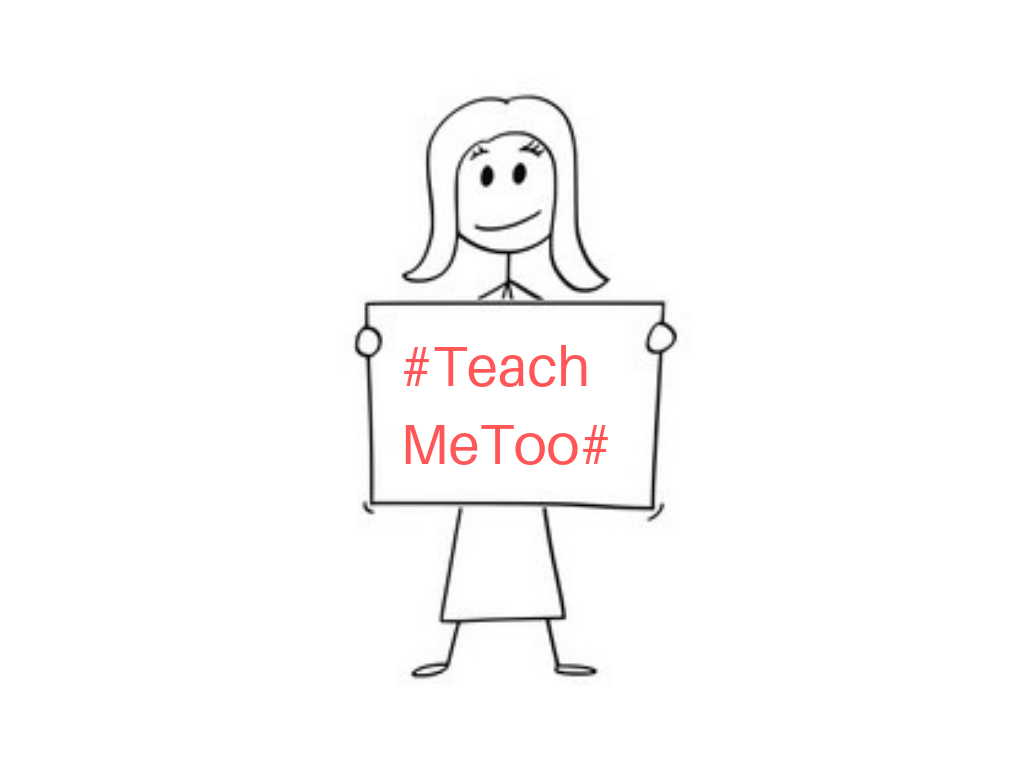Conversations in the Courtyard.
It’s really quite beautiful this time of year in Gaya.
All of Kano State is truly picturesque – arguably more so than the rest of Northern Nigeria – but Gaya is especially charming….and quaint….and it is my hometown.
I enjoy spending time with Fatima – she’s my cousin and we are both fourteen. My parents don’t bring us back here to Gaya from Abuja Federal Capital Territory where we live very often, but whenever we do come, it’s quite a treat. Fatima’s lived here in the village her whole life; she’s never left, could you believe?! I always have many tales for her about city living when we visit, and she tells me stories about our village as well. I find a lot of her stories quite amazing – she once told me she has to walk 2 whole miles and back to the spring every day with her sisters, just so they can have water at home; I do so wish Daddy would let her come live with us, away from here.
Daddy and Uncle Musa – that’s Fatima’s daddy – are sitting on mats out in the courtyard; it’s really nice out there with the old shade-giving trees and the open spaces with the leaf-strewn brown earth. Mother is pacing behind them – she is trying to find reception for her iPad, and it doesn’t seem like she’s having any luck – rural areas! Fatima and I go and sit on the mat by our fathers. I am trying to teach her how to navigate mobile apps on my phone, and I’m not having a lot of luck either – this touch-screen technology is simply alien to her.
It appears Daddy and Uncle Musa are arguing.
“Shehu”, Uncle Musa sounds impatient speaking to Daddy.
“I have told you there is nothing wrong with the way I am raising my children. You may have different views, but that does not mean they are better. Don’t forget YOU were raised right here, in the exact same way.”
“Not quite”, Daddy says.
“I left the village for university, and I did it all on my own because I realized I could do so much better than here. I don’t mean to compare, but just look how differently our lives turned out Musa. I am a year younger than you are, but I have the much better life; and it’s only because I refused to follow the norm, and I pursued a Western education.”
Mother peeks over, she knows trouble is afoot. His brother’s far greater affluence was always a sore subject with Musa, and he especially disliked any comparisons of them both in that regard. My father is an Architect with a very lucrative practice you see, while my Uncle Musa is a farmer back here in the village, with limited education and a meagre livelihood.
“Well then, I suppose you believe yourself better than me because you have a university degree and I do not.”
Daddy appears to weigh his words at this point,
“That isn’t what I mean. I am only trying to say you owe your children the best life you can give them; and the best path is a good education. I am saying to look at both our lives to realize how much of a difference a good education can make.”
Mother quickly steps in; Daddy isn’t always the most pragmatic with words. She tries to cool things down a bit, sensing Uncle Musa is on the verge of responding quite angrily.
“Please pay my husband no mind Brother Musa, he is yet to learn how to talk in polite company. Speaking of your children, how are your daughters faring?”
Mother’s spoken Hausa is not very good, just like mine. We both understand the language nonetheless.
Daddy and Uncle Musa are both bemused now, but Uncle Musa has always liked Mother, in spite of his passive disapproval of her progressive lifestyle which is at odds with the far more conservative one he believes is expected of a woman.
He responds,
“My daughters are fine, thank you Aisha. By God’s grace Fatima will soon be wed, and I can only hope to have such luck with all my daughters. It’s a shame I have no sons.”
It’s Mother’s turn to be bemused,
“Do you really mean to marry Fatima off now? She is only a child.”
“Hajia...”
This is Uncle Musa’s manner of addressing Mother on occasion.
“Do not presume to tell me how to run my household. You too Shehu. It is every father’s pride for his daughter to be properly wed when she is the right age. At Fatima’s age, she may bear children, and therefore she may marry. If nature did not intend her for childbearing now, it would not have endowed her for it.”
Mother is speechless, she looks at Daddy for help.
“Musa”, Daddy begins,
“If you marry Fatima off now, she will have no real future. You condemn her to a life of servitude as solely a wife and mother...”
“As is her place”, Uncle Musa interrupts.
“We must never forget who we are. A woman’s place is as homemaker – she is mother and wife, nothing more. She is to be seen, not heard. She is to help build, and not be herself built. Why do you press me to throw money away that I barely have educating a girl – what gain is there in that? A Western education will serve her no purpose, and will keep her from finding a husband when she ought to. It will plant horrible ideas in her head of equality with men. Look at your wife for instance…”
My father starts, “Tread carefully Musa.”
“I shan’t, not anymore; not when you look for your blindness to spread to my home. Aisha thinks herself your equal, it is unspeakable. How do you expect me or anyone to think you a man, when you may not hold an opinion without her approval beforehand? You lost your way a long time ago Shehu, you with your big education and your bright and shiny ‘educated wife’. You have forgotten who you are. You may live out your folly, you and your household, but do not attempt to pull me and mine into it.”
Whenever Daddy gets really angry, he doesn’t speak. Mother told me once this was because he didn’t want to say or do the wrong things in his ire. She turns to Uncle Musa,
“Brother Musa, I respect your beliefs and your opinions as well, and I would not ever try diminish who you are with my own. My argument is in aid of my nieces – the world is far different place than what the sole perspective of a village such as this would have one believe it is. A woman may aspire to great personal success, and many have done; and it neither will remove from her femininity nor will it render her less desirable to or compatible with a man. Open your heart, and your mind Brother Musa. For love of your daughters, if for nothing else, consider the possibility of changing your stance. Shehu and I have discussed it, and we are willing to take all four of them back with us to Abuja, where we will raise them as our own and give them every opportunity to succeed. Their lives, and ultimately yours, will be much better for it I assure you.”
Uncle Musa responds slowly,
“My daughters will go to Islamic school as they have done; that is what is expected of me. It is there that they learn all that they are required to. When the time is right, God-willing they will each marry well, and from then on no longer be my property, but the property of their husbands. This is as it has been, and as it always will be. I will speak no further on the subject”
I look at my father, his expression is a combination of annoyance and sadness – I know he wants the best for his brother and his daughters, but is frustrated at his stubbornness and unhappy about what the fate of those girls might be as an outcome of it.
I look at my mother, she too looks unhappy….miserable even. I see though that her eyes still hold a glint of hope, and that she very likely has not given up. I do hope she hasn’t.
I look at Fatima, and I can’t tell how she is feeling. I truly don’t know if she feels like she may just have missed out on a promising future. I can’t tell if a proper education and a career and financial security hold as much value for her as they do for me. Maybe they don’t; maybe her life here is all she knows, and really all she wants. I feel sad for her, knowing that her understanding of her opportunities is limited – that her conditioning has rooted her values in conforming to what is expected of her.
The grown-ups begin to retire indoors; Fatima and I remain outside. We aren’t speaking; I think we are both quietly contemplating what has just transpired. I look at the courtyard, and at the leaves falling from the trees and blown across the ground by the wind. It is quite peaceful here. The Sun sets in the horizon, painting a golden haze over the courtyard.
It’s really quite beautiful this time of year in Gaya.
RESEARCH BY THE CENTRE FOR STUDY OF THE ECONOMIES OF AFRICA INTO THE DIMENSIONS AND DRIVERS FOR EXCLUSION IN QUALITY EDUCATION IN NIGERIA FOUND POVERTY, GENDER AND LOCATION OF RESIDENCE (RURAL VERSUS URBAN) TO BE THE CLEAR CRITERIA FOR EXCLUSION.
GO FURTHER…...Download the full CSEA paper Is Nigeria on Track to Achieving Quality Education for All? Drivers and Implications

 English
English
 Arab
Arab
 Deutsch
Deutsch
 Português
Português
 China
China




